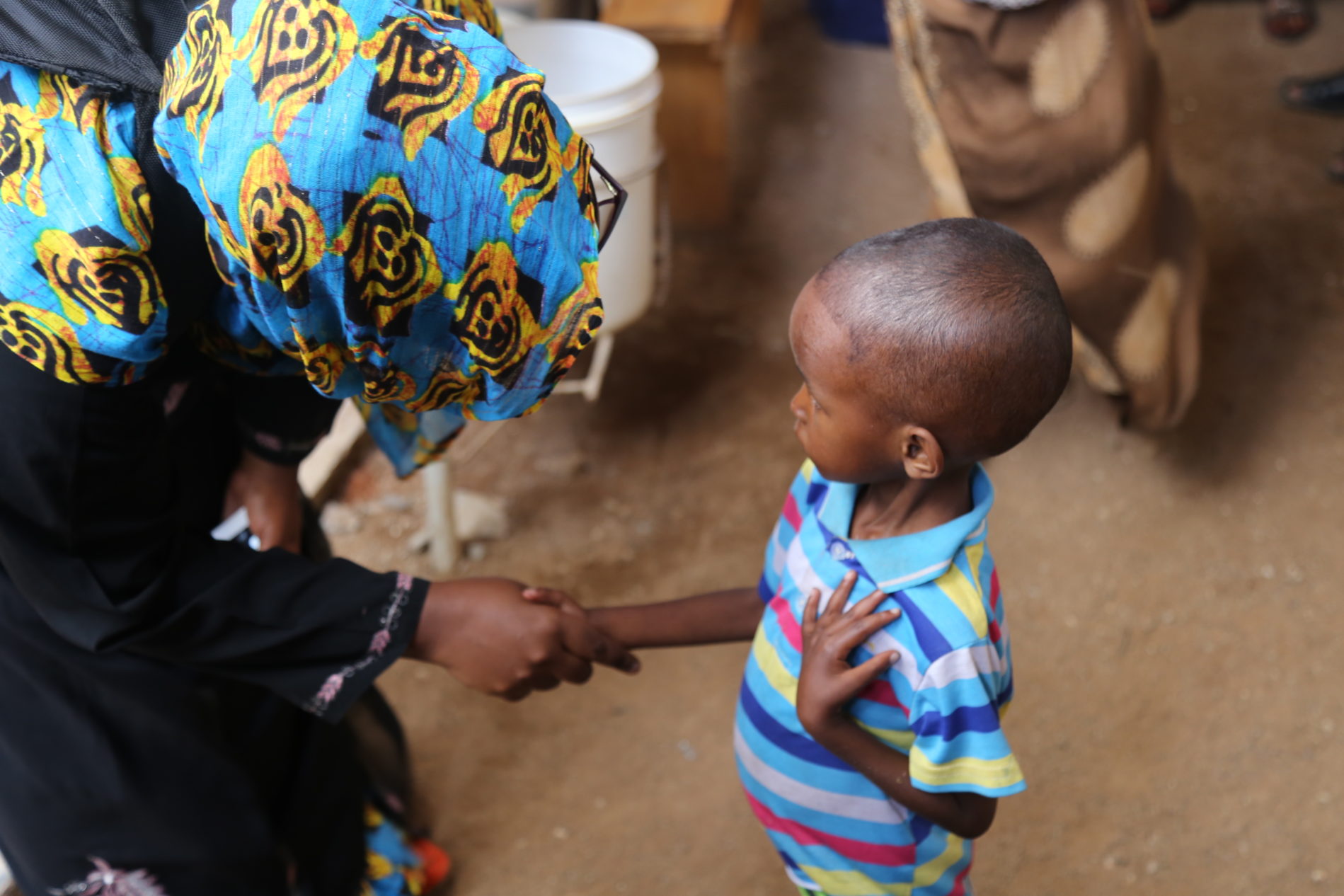Shaping the future: Our strategy for research and innovation in humanitarian response.

Shaping the future: Our strategy for research and innovation in humanitarian response.


As nutritionists, our toolbox of interventions to prevent and treat malnutrition in crises has historically consisted of providing direct in-kind support and services. For example, the provision of foods and supplements, counselling on health and nutrition practices, supporting access to health care and treatment programmes for malnutrition. With cash increasingly used in humanitarian response, we are frequently asked ‘can cash programming protect and improve nutritional status?’.
Humanitarian assistance is increasingly delivered through both cash and voucher programming. We need to better understand the impact of this approach on nutrition and food security outcomes, particularly for the most vulnerable people. We need to understand the potential of different forms of assistance, food in -kind, vouchers for food, straight-up cash, to protect people from malnutrition. Little research has yet been done in emergency nutrition comparing these different methods of providing cash assistance or looking specifically at the especially vulnerable members of the household, such as pregnant and lactating women and young children. More research is needed to study how different modes of assistance affect the special nutritional needs of these groups in crises.
Our colleagues from World Vision and Johns Hopkins University conducted such a study during the height of the 2017-2018 Somalia food and nutrition crises. At that time, Somalia faced a dire humanitarian situation, with widespread food insecurity and the threat of famine. By mid-2017, 3.1 million Somalis were in urgent need of assistance, including an estimated 388,000 children under 5 years of age suffering from acute malnutrition and 800,000 pregnant and lactating women[1]. Critically high levels of malnutrition were reported across the country, resulting from a variety of factors including widespread food insecurity, poor access to health services, and displacement due to conflict.
The study investigated how cash and voucher interventions affected household food security and nutrition status of pregnant and lactating women and children under five in Wajid District. Here, widespread food-insecurity affected most of the population and large-scale food assistance was being delivered. It compared two types of household assistance: mixed transfers (a combination of cash, vouchers, in-kind food) and paper vouchers. Over four months, changes in levels of household food security, quality of diet, frequency of food intake and nutritional status were measured and the study analysed differences between those who received only vouchers and those who received the mixed assistance.
The study found that both approaches (paper vouchers and mixed transfers) had a protective effect on child nutrition, meaning that nutritional status did not worsen for either of the intervention groups. Among pregnant and lactating women, nutritional status improved in both groups. It did find some differences in the quality of the diet and food consumption patterns, with the households receiving mixed transfers showing more meals consumed per day compared to the households receiving paper vouchers.In young children, the quality of the diet was better in households who received mixed transfers. The study also found that people preferred to have cash assistance rather than just vouchers or food in-kind.
Cash transfers can sometimes be easier and less expensive to provide than vouchers or food. This is the main reason that their use is increasing, and donors and humanitarian agencies alike are adopting them as the first consideration for emergency responses. Also, cash is often preferred by people affected by emergencies, primarily because of the freedom of choice it provides, allowing them to spend as they like.
This is exactly why this study is crucial for nutritionists – if people do have such flexibility, will we still see critical nutrition outcomes achieved? Do we need to restrict our nutrition-toolbox to vouchers and in-kind food, or can we add cash and have a wider combination of tools at our disposal?
What we can learn from this study is that cash can have a protective effect on nutrition status for vulnerable people in such a food crisis. A mixed combination of cash, vouchers and food assistance can give them access to a wider variety of foodstuffs, which is important for ensuring dietary diversity.
But there were significant limitations to the study. The study was cut short by changes to the humanitarian situation and it wasn’t possible to use a control group which is essential to rigorously demonstrate impact. So, we can also learn from this study how difficult it is to conduct research in humanitarian contexts.
We should certainly add cash transfers to our nutrition toolbox but exactly how and when to use them needs much more research.
We need to look for opportunities in other contexts and emergencies that will allow impact-evaluations and experimental designs to be carried out and build our understanding and evidence for exactly how to make the most of our new tool.
Authors: Colleen Emary, Senior Technical Advisor – Health & Nutrition
World Vision International and Rose Ndulu Ndolo, Senior Nutrition Adviser- World Vision UK
[1]Somalia Nutrition Cluster Update. Global Nutrition Cluster Partners Call, February 2017.

 Please upgrade your browser
Please upgrade your browser
You are seeing this because you are using a browser that is not supported. The Elrha website is built using modern technology and standards. We recommend upgrading your browser with one of the following to properly view our website:
Windows MacPlease note that this is not an exhaustive list of browsers. We also do not intend to recommend a particular manufacturer's browser over another's; only to suggest upgrading to a browser version that is compliant with current standards to give you the best and most secure browsing experience.